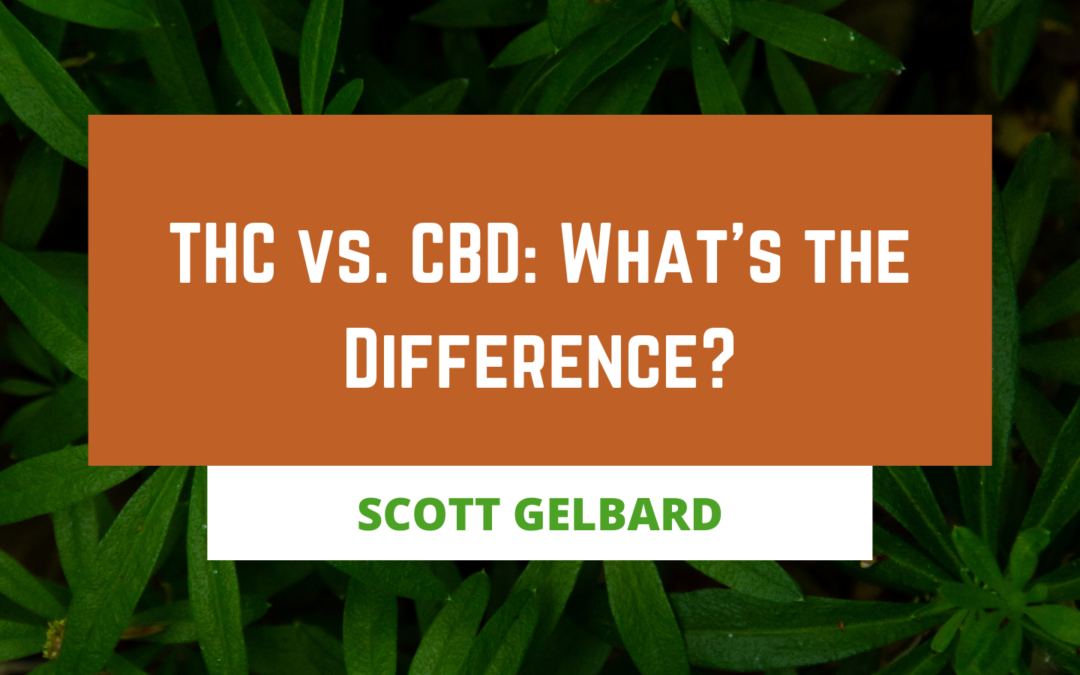Tetrahydrocannabinol (THC) and cannabidiol (CBD) are two popular cannabinoids in the cannabis plant. While similar, there are some differences in the chemical arrangement, psychoactive effects, and legal status of the two cannabinoids.
Chemical Structure
THC and CBD both have 30 hydrogen atoms, 21 carbon atoms, and two oxygen atoms. The atoms, however, are not arranged the same. This difference causes THC and CBD to have different effects as well as different legal statuses.
Psychoactive Effects
THC and CBD both interact with the endocannabinoid system, but they each do it differently. THC attaches to CB1 receptors and causes the notable psychoactive “high” that most people associate with cannabis.
CBD, in contrast, doesn’t produce the same psychoactive high as THC because it doesn’t bind to CB1 receptors as strongly as THC does. CBD can, however, stop THC from binding to CB1 receptors. As a result, CBD can reduce the unwanted psychoactive effects of THC, such as paranoia and anxiety. Contrary to popular belief then, CBD does have psychoactive effects.
Physiological Effects
CBD and THC can both treat a wide range of physiological issues such as inflammation and pain. The main difference is that THC usually produces a noticeable physical high while providing relief. In addition, CBD alone doesn’t have noticeable side effects, even at larger doses. THC, however, has well-documented side effects such as increased heart rate, anxiety, paranoia, memory loss, and even psychosis.
Legal Status
THC and CBD are both Schedule I drugs under United States federal law. Under the 2018 Farm Bill, however, hemp-derived CBD with less than 0.3% THC is legal and can be purchased from physical retailers, online stores, wellness centers, and smoke shops all over the country.
In contrast, cannabis products with more than 0.3% THC are legal for medical use in 39 states, plus Washington, D.C. Recreational cannabis products with more than 0.3% THC are legal in 18 states, plus Washington, D.C.
The Takeaway
When used together, CBD and THC can offer a full range of therapeutic benefits. Knowing the key differences between the two can help cannabis consumers make informed choices about cannabis products.


